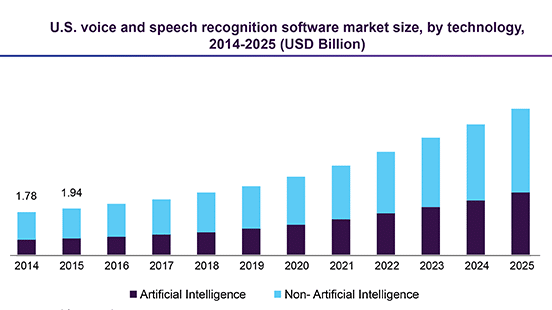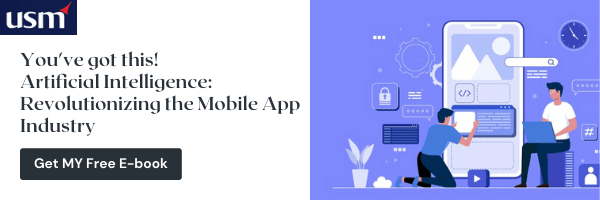Complete Guide to Location Based App Development
How Much Does It Cost to Develop Location-based or Location Tracking Mobile Apps?
How Much Does It Cost to Develop a Location Tracking Mobile Apps?
In the wake of emerging privacy dreads worldwide, the integration of location-based services in mobile apps is necessary. Businesses around the globe are already on their way to add location-based functionalities into their existing mobile apps for providing more security and qualitative digital services to their audience.
Dedicated location tracking mobile apps allow users to locate their places, find unfamiliar destination areas, track vehicles, and many more. These are the best advantages of mobile apps that are featured with location-based services.
The best example of a location-based app is Uber, an online cab booking application for android and iOS. These applications allow users to share their location to family or other for security purpose. Geolocation-based mobile apps development help businesses ensure the security of users in needed times. Besides, food delivery, medicine delivery mobile apps are also enabled with location-tracking features.
To help enterprises better understand the advantages and opportunities of GPS apps development, we have articulated a list of the best location-based apps and their use cases across industries.
Definition of Geolocation Tracking Mobile Apps
The term Geolocation tracking refers to tracing geographical information of users’ devices. Be it an android device, iOS smartphone, or any other trackers with GPS chip, GPS devices or applications tracks are helpful as location navigators and tracks precise geographic data.
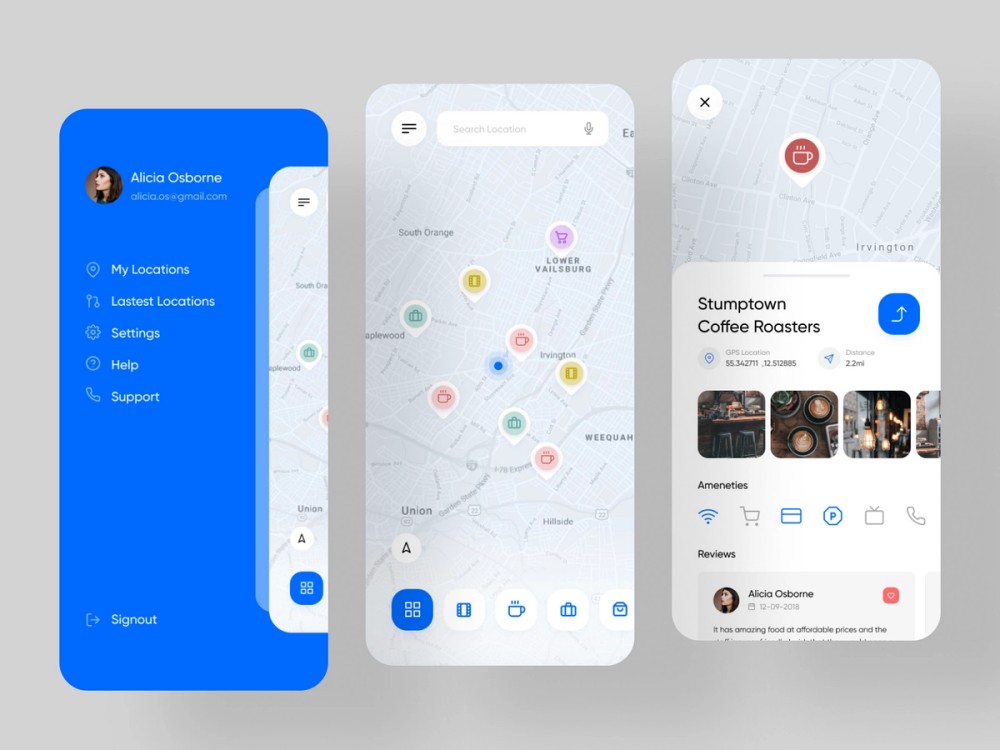 Must-have Features Of Location-based Mobile Apps
Must-have Features Of Location-based Mobile Apps
The features and functionalities of the app will decide the success of a mobile application. If you would like to invest in location-based mobile apps development, you should not ignore the below three significant features.
- Eye appealing User Interface or User Experience design
- Integration of in-app Google Maps
- Flexibility to find and share current location
- Display distance and time between the source and destination places
- Location-based mobile app should show the shortest route to users
- Pointing precise location of the users’ device
- Voice guidance to reach the destination
- Location-based push notifications, etc.
These are must-have features of location-based apps.
Benefits Of Location-based Apps Development For Businesses
95% of global organizations are implementing location-based services in apps to reach more targeted customers. In particular, 90% of enterprises across the USA have enabled location-tracking services in their mobile apps.
The companies are focusing on integrating GPS services in Weather reporting apps, Social media apps, Travel booking apps, Photo or video editing or streaming apps, and many more. These are a few leading app categories for which businesses have enabled location-based services in the country.
We have picked up a few advantages of location-based apps development for businesses. If you are in dilemma to analyze the significance of GPS applications development, here are the reasons why companies around the world are integrating GPS functionality in trending mobile apps like Uber.
- Location aware apps in the transport industry allows businesses to deliver better customer-centric and geographic area-specific services
- Location-tracking applications help online travel booking service providers to precisely spot the user’s location and reach them without hassle.
- GPS tracking systems also help e-Commerce players track location and customers’ preferences and deliver more personalized services to them.
- Geolocation-based AR applications help real-estate companies offer virtual tour services to their patrons.
- Location-based marketing strategies help marketers reach out to geographically targeted audiences faster than ever.
- Strategic use of location-based marketing services in mobile apps makes businesses legends in their native places.
- Dedicated GPS trackers help users locate their vehicles, smart accessories, and even kids. It will increase customer loyalty towards the brand.
- Geolocation tracking healthcare apps help users find the nearest locations of healthcare service providers and get diagnosed in an emergency.
- Implementation of location tracking functionality in fitness apps allows users to position the current location of the users and distance walked in a day.
Which Industries Are Beneficial With Location-based Apps Development?
Location-based mobile apps are gaining increasing popularity in the market. Every industry is looking ahead to develop location-based apps to provide better services to their audience. Let us take a look at how industries are implementing location-based service apps.
Location-based Apps Use Cases by Industry
- Use cases of location-aware apps in the Retail Industry
Walmart and IKEA like the biggest retailers are offering geolocation tracking apps to provide the best in-store experience to their customers. These location-based service applications use GPS signals to allow customers to find the nearest retail store to their geographic area and get the essentials faster.
IKEA-like leading retailers are also implementing beacon indoor navigation systems to assist targeted customers in reaching desired locations with ease.
Food delivery apps like Grubhub and Uber Eats also comes under the retail sector. These apps are implemented using a geolocation tracking feature. This feature allows users to track their orders in real-time on maps.
- Applications of location tracking apps in Transportation
The best use case of location-based apps in the travel industry is tracking vehicles through GPS signals.
Uber-like popular GPS-enabled mobile time tracking app or online cab booking app for android/iOS use tracks user’s location to pair them with nearest drivers for quick pick up. This location tracking feature of Uber helps ueesers to track their cab and the estimated time of its arrival in real-time.
GetTaxi, the best online taxi booking app in the UK, is also featured with GPS tracking capabilities to monitor their rides continuously.
- Geolocation apps use cases in Banking and Finance.
Location-based apps development offers plenty of benefits to both bankers and their customers. Banking mobile apps for android and iOS with geolocation feature advanced mobile banking apps security level.
The GPS tracking mobile banking apps determines whether the transaction aligns within the user’s mobile usual location or not. These insights would help bankers verify the clients’ identity based on GPS information, prevent fraudulent transactions, and send alerts to the account holders.
- Ecommerce Location-based apps use cases
The demand for location-aware mobile apps development from e-Commerce industry players is increasing at a rapid pace. To provide a more personalized online shopping experience, e-commerce giants are enabling their marketplace apps geolocation tracking capabilities.
Besides, by tracking user’s location and their purchasing behavior, intelligent mobile apps allow businesses to run a personalized sales approach by sending location-based product offers and messages to the user’s smartphone.
- Uses of location tracking mobile apps in Automotive
Here is another industry which is adopted GPS tracking apps to a greater extent. Using the Internet-of-Things technology-enabled sensors, the location-based mobile apps playing a key role in monitoring and managing the fleet all the time.
Onfleet, GeoTab, and US Fleet Tracking are a few famous vehicle tracking and asset management apps in the USA. These apps with built-in geolocation features track vehicles or fleets in real-time continuously and give information about the live location of vehicles or assets.
Would you invest in creating GeoTab like the best Fleet tracking apps?
Get in Touch!
[contact-form-7]
- Advantages of location-based mobile apps in Media and Entertainment
Most used and popular social media apps or chatting apps like Instagram and WhatsApp are enabling location tracking and sharing functionalities. These apps allow users to view the map, search for locations, and send their current locations to contacts.
Grindr-like location-based social networking and online dating applications are enabling geolocation capacities to help users find the proximity of their connections. The GPS-based dating apps also give the flexibility to turn off the location-aware feature if they want.
Which Technologies Are Used in Location-based Apps Development?
Technologies might vary based on the application type. I mean to convey that technologies used for outdoor navigation apps development like Google Maps will be different from the technologies used for indoor navigation or in-app location-enabled apps development.
Required technologies for outdoor location-tracking apps
- GPS technology to receive signals from satellites and locate the destinations
- Assisted GPS technology for optimizing the accuracy of the GPS location
- Wi-Fi technology to collect data from the internet and position places with great accuracy.
- Cell ID to determine the location of a device when GPS signals are poor and inaccurate to locate spaces.
- The IoT technology to collect data for sensors equipped on devices and track location coordinates with 100% accuracy.
Required technologies for Indoor location-tracking apps
Indoor location tracking apps are best in navigating the users inside shopping malls, commercial buildings, etc. These types of location-tracking applications direct the users to the destination area inside a building from the place where they stand.
Here are the most used and required technologies for indoor location-tracking apps development.
- Geofencing Technology, in combination with GPS, cellular, and Wi-Fi technologies, locates the users when they enter into virtual boundaries and guides them towards the destination.
- iBeacon positioning technology using Bluetooth Low Energy signals to broadcast signals and allow users to reach locations when the users reach in-built beacons inside the building.
Are you interested in the development of Uber-like location-aware service apps?
[contact-form-7]
Which Tools Are Used To Create Location-based Apps?
The above technologies will play a vital role in location-based application development to enable geolocation functionality. To create the best location tracking mobile apps, one must integrate the app with third-party tools, including,
Most of the location-tracking service apps use Google Maps to provide accurate navigation through the shortest routes to the users. Here are the few Google APIs used for location-based apps for android app /iOS app development.
Tools for GPS Navigation App development for Android OS
- Google Maps API
- Google Places API
- Google Geolocation API
- Google Maps Directions API
- Google Distance Matrix API
- Google Maps Android SDK
- MapView class
- Open Street Map
Tools used for GPS tracking application development for iPhone OS
- Google Maps SDK for iOS
- Apple Maps Kit
- Core Location API
- Google Maps API
Technology stack and tools are also key factors that decide the cost of GPS tracking apps. Geo-location based app development company selects the right tech stack to make your GPS tracking app development successful.
A Step-by-Step Guide To Location Tracking Mobile Apps Development
How to build a GPS tracking app? Or how to create a location-based app? No worries, here is the complete guide to location based app development.
Step-1: Market Research
If you plan to develop location-based mobile apps, do thorough market research to explore hidden opportunities for apps development within the targeted market. Also, get all the information related to competitors and the functionalities of location-tracking apps offered to their audience.
By doing so, you can offer a unique geolocation tracking app with more benefits that are not available to customers in the rival application.
Step-2: Analyze Target Audience
It is the second most important factor to consider while developing location-based mobile applications. Enterprises need to analyze the preferences of people they want to target.
The insights into customer’s choices, needs, and what they are looking for in geolocation apps let you create a resourceful location tracking app for your audience.
Step-3: Right Technology Stack
Selecting the right technologies and tools is essential for GPS-based apps development. A different set of technologies are required for indoor and outdoor navigation apps development. By default, location-tracking apps need Google Maps SDK for both Android and iOS apps development.
If you want to create geolocation tracking apps without using GPS technologies, you can use iBeacon or any wireless network to trace positions and deliver seamless navigation to your audience.
Step-4: Finalize the Features
It is a fact that the set of features and functionalities that you offer through the application will decide the success rate of apps. If an application meets the user’s needs, it will surely hit the app stores shortly.
Before commencing the development stage, we should gather app requirements and choose user-centric features. Geolocation apps mandate map view, location guide through voice, pinning users’ location, route mapping, location-based notifications, location sharing, etc.
A few GPS trackers also need to be included with parking slots tracking facility, upload photo and find locations, and updates on traffic, etc. So, based on your industry and target audience, add the required features to your application.
Step-5: App Design and Prototyping
Mobile app prototyping gives an idea about how your final application looks like. A prototype should reflect User experience and User interface-based view of the application and its working flow between pages.
At this stage, you can also make changes to the design by removing unnecessary app elements, if needed, and streamline the development process.
Designing a visual app prototype will also help in evaluating technical feasibility, improving apps visibility and quality, presenting future app ideas to customers in a clear way, reducing development risks, and many more.
Step-7: Commence Development
The development phase of an application plays important role in the entire location-based Mobile app development life cycle. Once the wireframe design is completed, we can start the development process using agile software development methods.
Generally, the mobile apps development process will take four to six months. But based on the app’s complexity level, the time might cross the boundaries.
Step-8: App Testing
The final step in the software application development process is the testing phase. In this phase, the quality assurance team checks for bugs in the application, if any. App functionality and its performance parameters will also be determined in this stage to deliver an efficient and quick responding mobile application.
Our experienced mobile app testers conduct various app tests to increase its transparency and quality. Let us know your app idea and get a free app quote!
Along with these, choosing the best mobile apps developers is also a tough task for enterprises that are planning to invest in mobile application development. Hiring the right app development partner who has vast experience in the industry benefits you in terms of apps quality and price.
So, we being the leading mobile apps development company in the USA, be it an android-based GPS tracking app or native iOS app development, we suggest businesses scale the platform usage of their targeted audience and invest. This business strategy would help enterprises generate more profits through high app downloads.
[contact-form-7]
How Much Does GPS Tracking Cost?
Cost Of Location-based or GPS-based or Wi-Fi/Cellular Networks-enabled Location Tracking Mobile Apps Development
Location based mobile app development is estimated that the development of a location-based app with minimum features will costs around $45,000-60,000 for a single platform.
GPS tracking app development cost will also go beyond $100,000-150,000 if it is integrated with advanced features and has a complex design.
The cost of cross-platform location-tracking service applications with complex app UI and Geofencing functionalities will be around $200K-$280K.
However, location based app development cost might be decided altered on the below factors-
- Geolocation apps features
- Location-based apps UI design complexity
- Location tracking application development platform
- The technology stack used for GPS tracking apps
- Hourly rate of location tracking mobile apps development companies
- Location-based mobile app development rates in London, UK- $50-99 per hour.
- Geolocation tracking mobile apps development cost in Boston and Austin, USA is $150-$200 per hour.
- The hourly rate of location-based service mobile apps development in San Francisco, USA is $100-150.
- The cost of location-aware applications on android or iPhone operating systems in Canada is $100-150 per hour.
- Leading mobile app development service providers in Bangalore, India will charge around $25-55 per hour.
- Team size of Mobile Apps Development Company
9 Best GPS Location Tracking Mobile Apps for Android and iOS
- Google Maps
- GPS Functionality: Navigating locations, getting real-time updates on traffic, exploring destinations, offline maps (to search and navigate without internet connection), and voice-enabled route mapping. Besides, street view and indoor photos of restaurants and more.
- App rating: 4.7/5
- App Downloads: over 50 billion
- App Availability: Android and iOS
- Waze- A GPS Navigation Software
- GPS Functionality: The best GPS tracking app for Android and iOS platforms in 2021. It features live GPS tracking, traffic alerts, and guides through traffic-free routes, plays music from the Waze app, information on estimated destination arrival time, and voice guidance to direct the routes.
- App rating: 4.1/5
- App Downloads: over 100 million
- App Availability: Android and iOS
- Sygic GPS Navigation & Offline Maps
- GPS Functionality: It is the most downloaded and trusted GPS navigation apps in the world. It allows users to find locations and also enables users to store location maps and use them in offline mode.
- App rating: 4.5/5
- App Downloads: over 50 million
- App Availability: Android and iOS
- Life360
- GPS Functionality: locate family members in real-time, alerts to family members on arrival, maps, real-time location sharing feature
- App rating: 4.5/5
- App Downloads: over 50 million
- App Availability: Android and iOS
- Foursquare City Guide
- GPS Functionality: Traces users’ location, sends personalized recommendations and tips on places, and allows location sharing.
- App rating: 4.2/5
- App Downloads: over 10 million
- App Availability: Android and iOS
- MapFactor Navigator
- GPS Functionality: Voice navigation in various languages, door-to-door routing, visual maps display with distance, guide routes based on vehicle type, updates on live HD traffic information, offline navigation, and many more.
- App rating: 4.6/5
- App Downloads: over 10 million
- App Availability: Android and iOS
- Phone Tracker
- GPS Functionality: accurately locates Kids & tracks phones by number in seconds, sends GPS notifications on kids’ movements.
- App rating: 4.5/5
- App Downloads: over 50 million
- App Availability: Android and iOS
- iSharing- GPS location tracker
- GPS Functionality: tracks locations in real-time, alerts and notifications on arriving destinations, location sharing, and best for tracing stolen phones, etc.
- App rating: 4.5/5
- App Downloads: over 10 million
- App Availability: Android and iOS
- Glympse- Best Location sharing app
- GPS Functionality: GPS tracking, real-time location sharing, sends estimated arrival to others if the users are trapped in traffic.
- App rating: 4.2/5
- App Downloads: over 5 million
- App Availability: Android
- Ride with GPS
- GPS Functionality: voice navigation, bike route planner, tracks riding activities, navigates and records upcoming rides, gives feedbacks in real-time, offline maps, Bluetooth sensor support for tracking heart rate while riding, etc.
- App rating: 4.2/5
- App Downloads: one million+
- App Availability: Android and iOS
These are a few GPS trackers used for finding locations and reaching destinations. Now, we will have a look at on-demand service apps that are equipped with location-tracking capabilities.
Would you like to know How much does tracking app cost?
Trending Instant Service Apps with Location Tracking Capabilities
| App Name |
App Category |
| Uber Eats, Swiggy, and Zomato |
Online Food Delivery Apps |
| Airbnb, Skyscanner, and Tripadvisor |
Online Travel Booking Apps |
| Tinder, League, and Bumble |
Online Dating Apps |
| Facebook, WhatsApp, and Snapchat |
Online chatting apps or Social Networking apps |
| Google Fit, Strava GPS, and Map My Fitness Workout Trainer, |
Best fitness apps |
| Google Photos and Explorest |
Photo location finders |
Future Of Location Tracking Mobile Apps Development
According to the market reports, the location-based services apps are anticipated to grow by $153 billion in the next coming three to four years. Such a growing number will create a competitive landscape for GPS-enabled mobile applications development.
This rapid increase in demand for real-time geolocation tracking apps will ensure bright scope for businesses across retail, transportation, food delivery, E-Commerce, automotive, fitness, etc.
Would you like to know the process of GPS apps development using advanced technologies?
Get in Touch!
[contact-form-7]
Wrapping Up
We hope that this article is helpful for those who plan to develop GPS tracking apps or location-based service apps.
GPS tracking or location-based apps for iOS and Android devices are the best digital solutions for users to navigate places, locate assets, track missing kids, and online deliveries.
As location-based apps development is in high market demand, we have already created the best app development approaches and strategies in advance. Such fore planning helps USM create best-in-class location tracking service apps for our customers across retail, banking, healthcare, travel & logistics, and many other industries. As discussed, the cost to develop a location-based app depends on factors that we’ve discussed here.
Do you have a geolocation tracking app idea and looking for a mobile app development partner? Let’s Talk!
[contact-form-7]
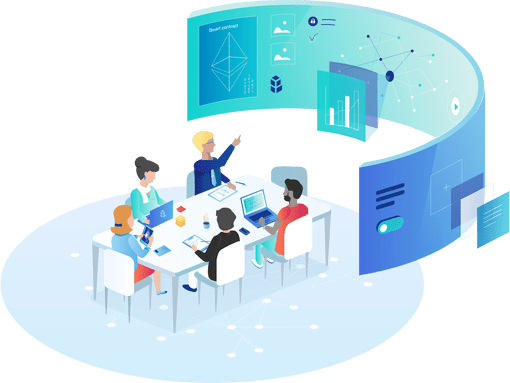 Examples Of Artificial Intelligence In The Workplace
Examples Of Artificial Intelligence In The Workplace Facilitating Collaboration
Facilitating Collaboration

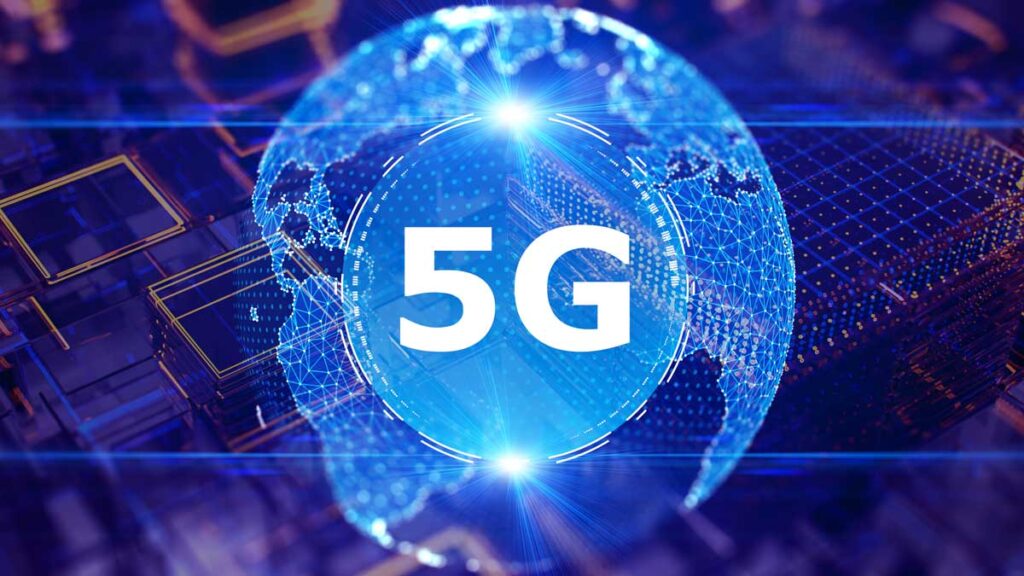
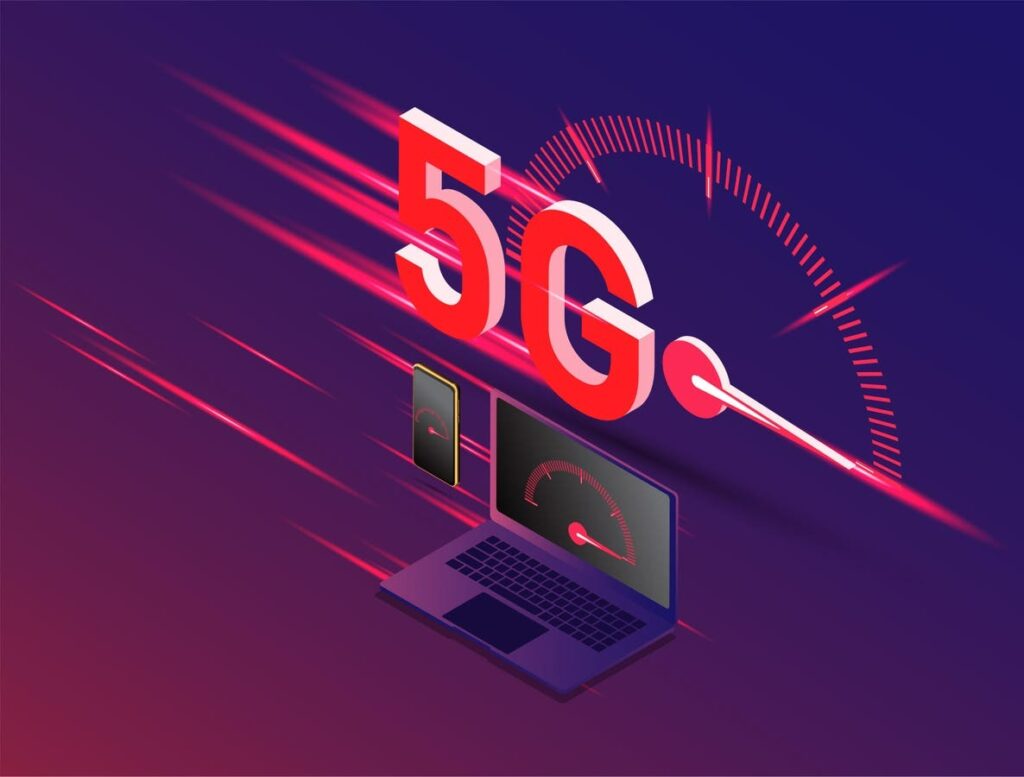
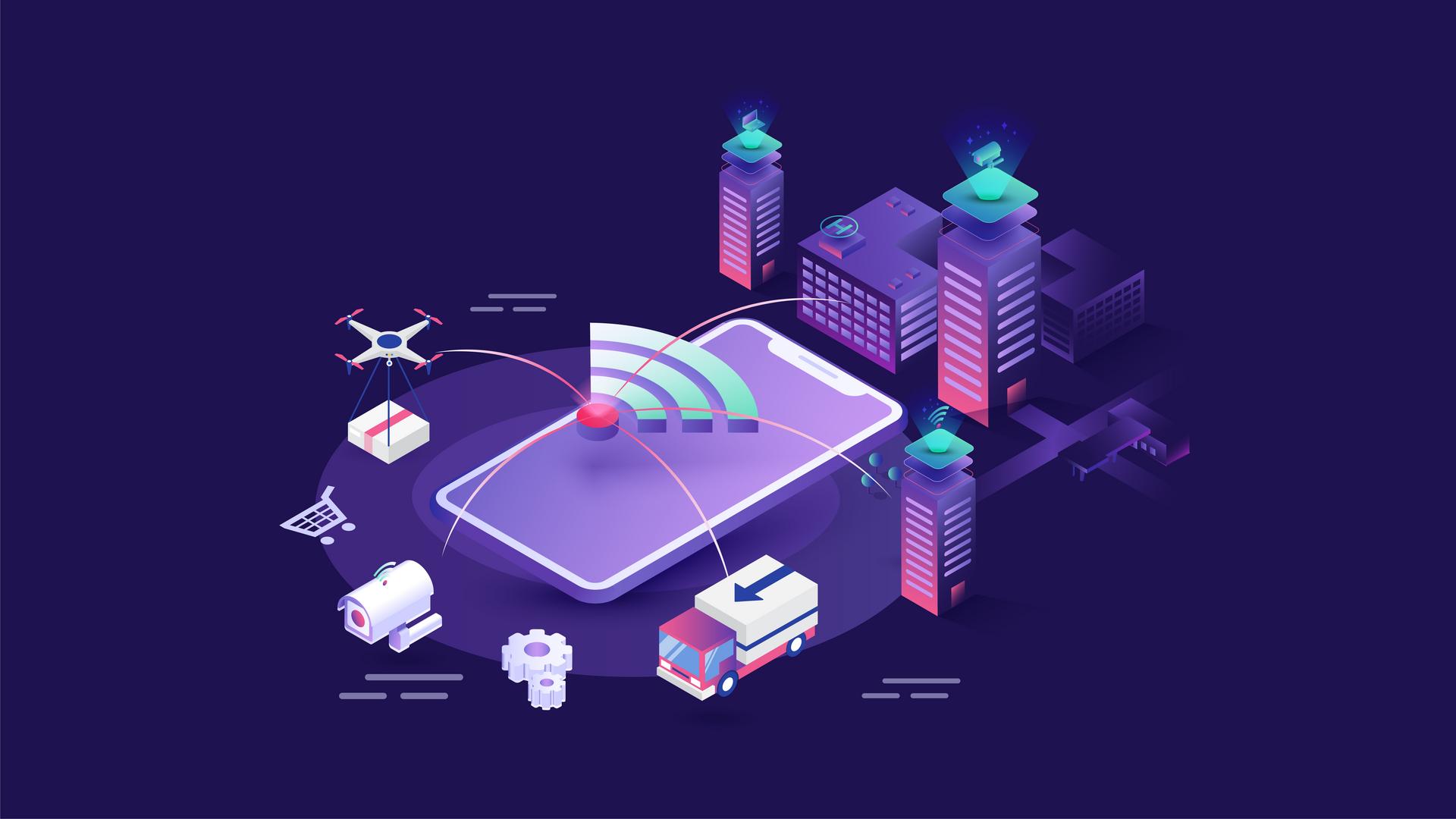
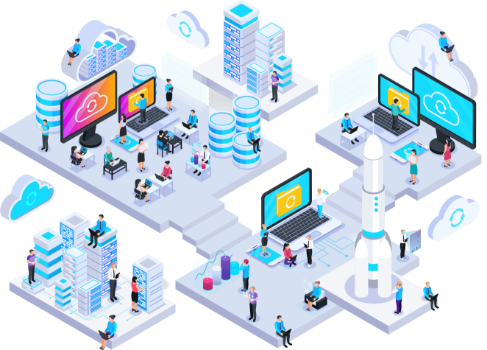


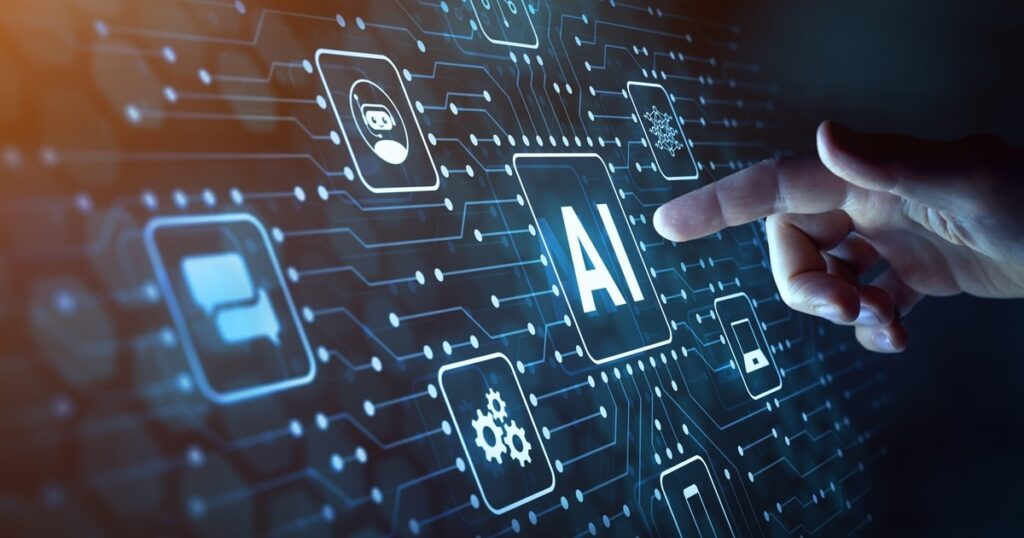
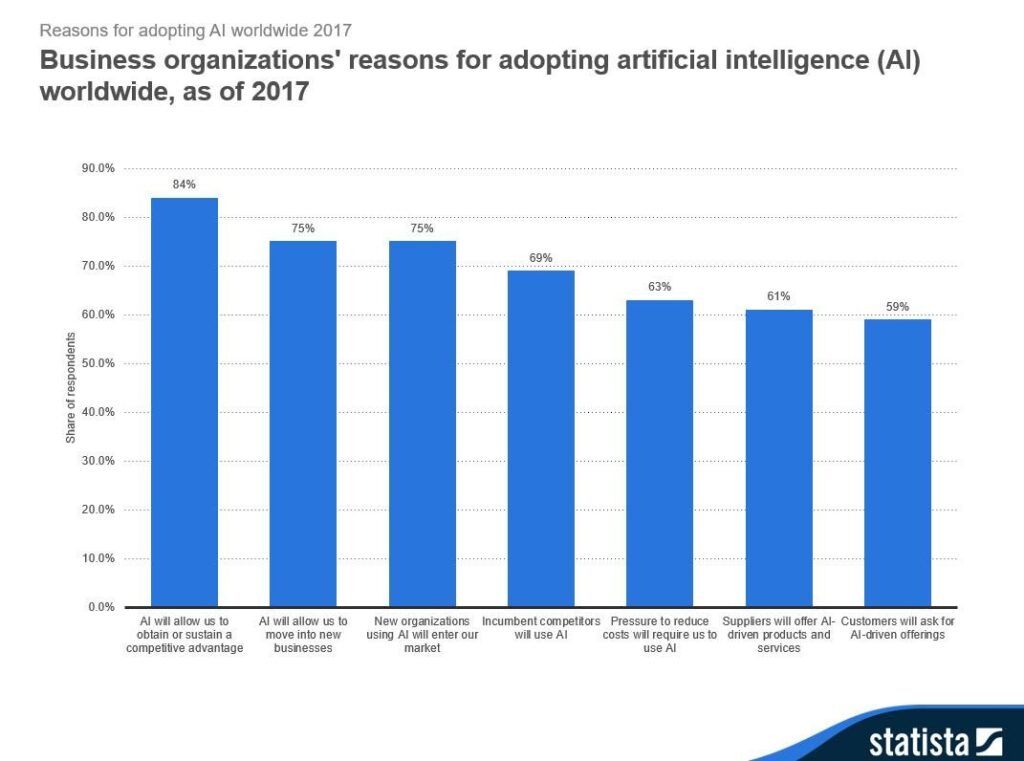 Final Words
Final Words
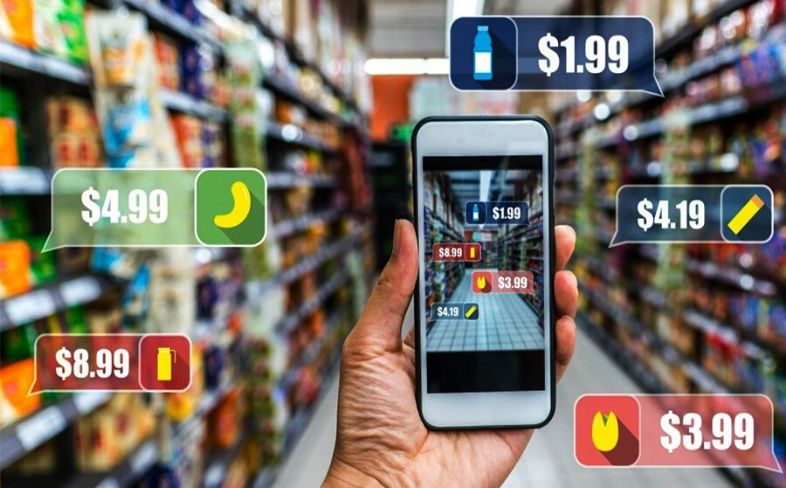

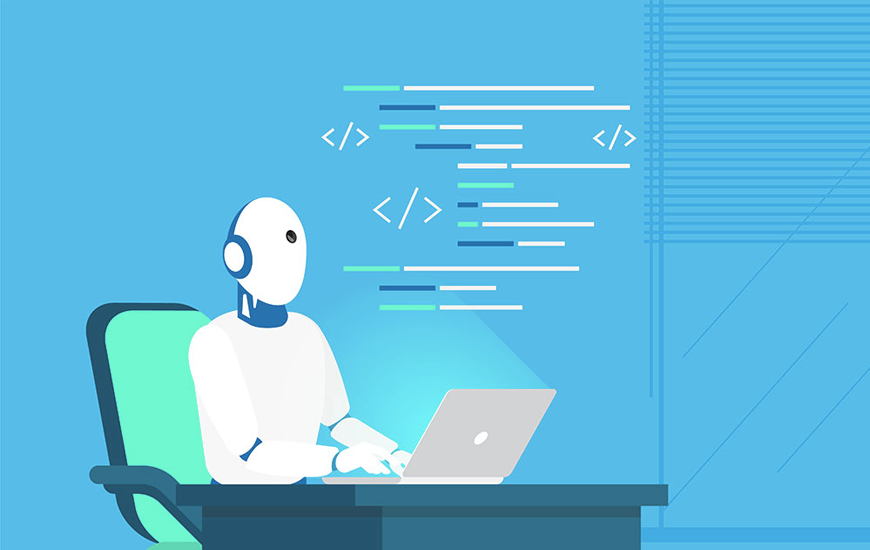
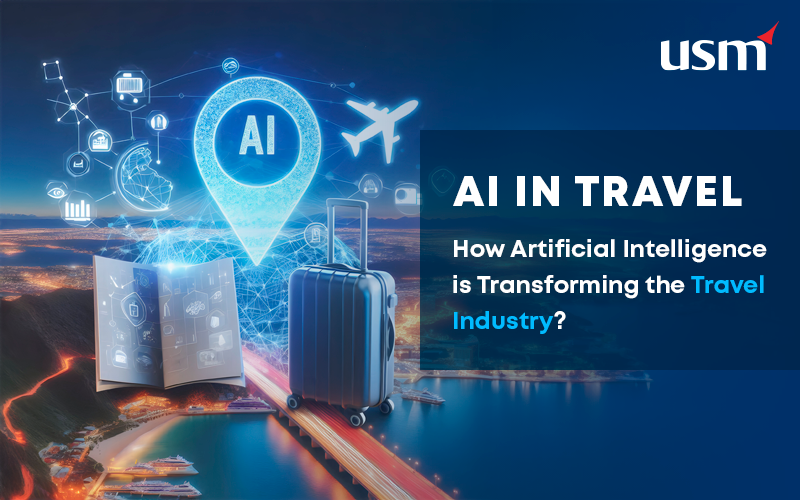
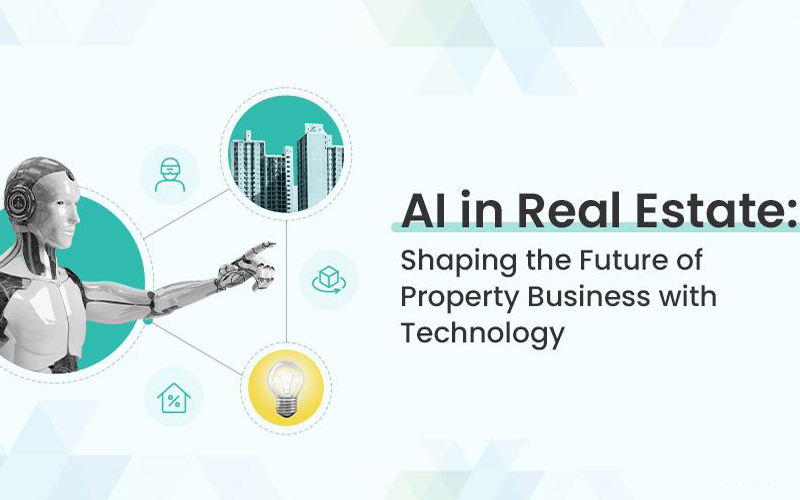

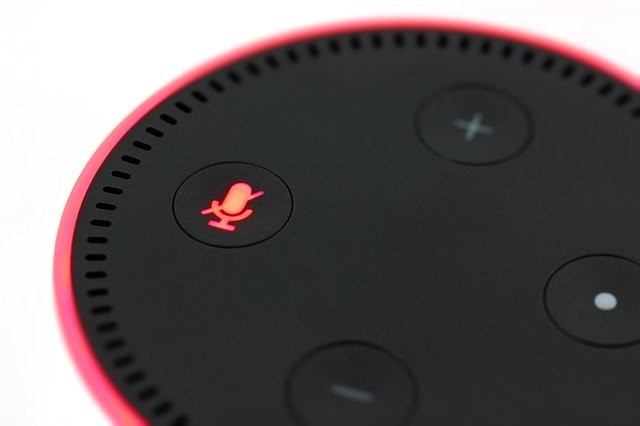


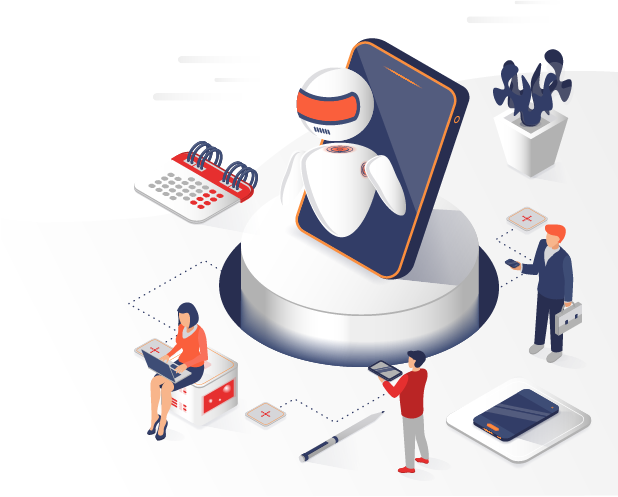
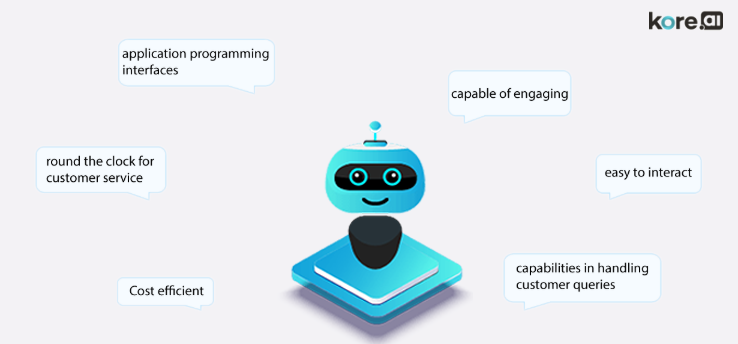
 Must-have Features Of Location-based Mobile Apps
Must-have Features Of Location-based Mobile Apps